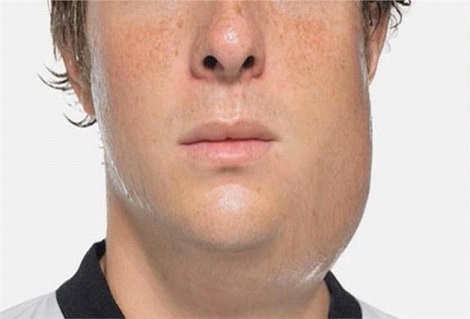Mumps Symptoms, Causes, Complications, Diagnosis, Treatment and Prevention

What Is Mumps ?
The viral infection, mumps is known to affect your parotid glands. Basically, parotid glands are among the three pairs of glands that make saliva, commonly known as salivary glands. These are positioned in front, and below the ears. In case anyone in your family develops mumps, swelling may occur in a particular or both the parotid glands. Rarely, the viral disease leads to any complication, however when it does, it may cause inflammation and swelling on different parts of the body, including brain. Therefore, these complications are potentially life-threatening.
Unfortunately, the viral infection has no treatment, though, for its prevention, one can get vaccinated against mumps. Once being common, the occurrence of mumps has drastically reduced after its vaccination got routine.
What Are The Symptoms Of Mumps ?
Few infected individuals experience minor to no symptoms at all. However for rests, symptoms develop around 2-3 weeks after the transmission of virus. These include:
- Painful and swollen salivary glands (puff out cheeks).
- Headache.
- Fever.
- Fatigue.
- Weakness.
- Chewing difficulties.
- Swallowing difficulties.
- Loss of appetite.
What Causes Mumps ?
Precisely, it is caused by a virus that transmits from an individual to another by means of infected saliva. If your body is not immune against the mumps virus, that is, you have not been vaccinated, then chances of contracting the viral disease increases. This occurs through inhaling the saliva droplets that have been released by an infection individual while he/she has coughed or sneezed. Besides, the virus can also be transmitted by sharing the glass or utensils used by an infected individual.
What Are The Complications Of Mumps ?
Rarely, mumps leads to complications, however, when it does, these tend to be potentially life-threatening, such as:
- Orchitis.
- Pancreatitis.
- Mastitis.
- Oophoritis.
- Encephalitis.
- Meningitis.
Besides, miscarriage and hearing loss are few other complications, lumps may lead.
How Is Mumps Diagnosis ?
In case the doctor doubts the presence of mumps, he or she can either recommend a blood test body fight against the foreign substances, such as virus and bacteria. In case the patient is suffering from mumps, the reports of his or her blood tests will reveal the presence of antibodies, produced by the immune system to defend his body against the viral infection.
How Is Mumps Treatment ?
Since, it is a viral infection; therefore, antibiotics are not useful and effective enough in treating mumps. As the other viral infections, it should also be allowed to run its due course. Majority patients recover within 12-18 days, or so. Generally, a patient of mumps is not considered being contagious 7-8 days after being diagnosed with the viral infection.
How Is Mumps Preventable ?
Yes, indeed! Getting yourself vaccinated against mumps, plus, a history of having mumps in the past makes you immune against the viral infection in the future.
Related Articles :
Penincillin Allergy Symptoms, Causes, Diagnosis and Treatment
Peanut Allergy Symptoms, Causes, Diagnosis and Treatment
Nickel Allergy Symptoms, Causes, Diagnosis and Treatment
Moles Symptoms, Causes, Complications, Diagnosis, Treatment and Prevention
Milia Symptoms, Causes, Diagnosis, Treatment and Prognosis
Egg Allergy Symptoms, Causes, Risk Factors, Complications, Diagnosis and Treatment
Baby Acne Symptoms, Causes, Diagnosis and Treatment
Age Spots Symptoms, Causes, Diagnosis and Treatment
Rash Symptoms, Causes, Diagnose and Treatment
Rocky Mountain Spotted Fever Symptoms, Causes, Diagnosis and Treatment
Reactive Arthritis Symptoms, Causes, Diagnosis and Treatment
Smallpox Symptoms, Causes, Complications, Diagnosis and Treatment
Sarcoidosis Symptoms, Causes, Risk Factors, Diagnosis and Treatment
By : Natural Health News




